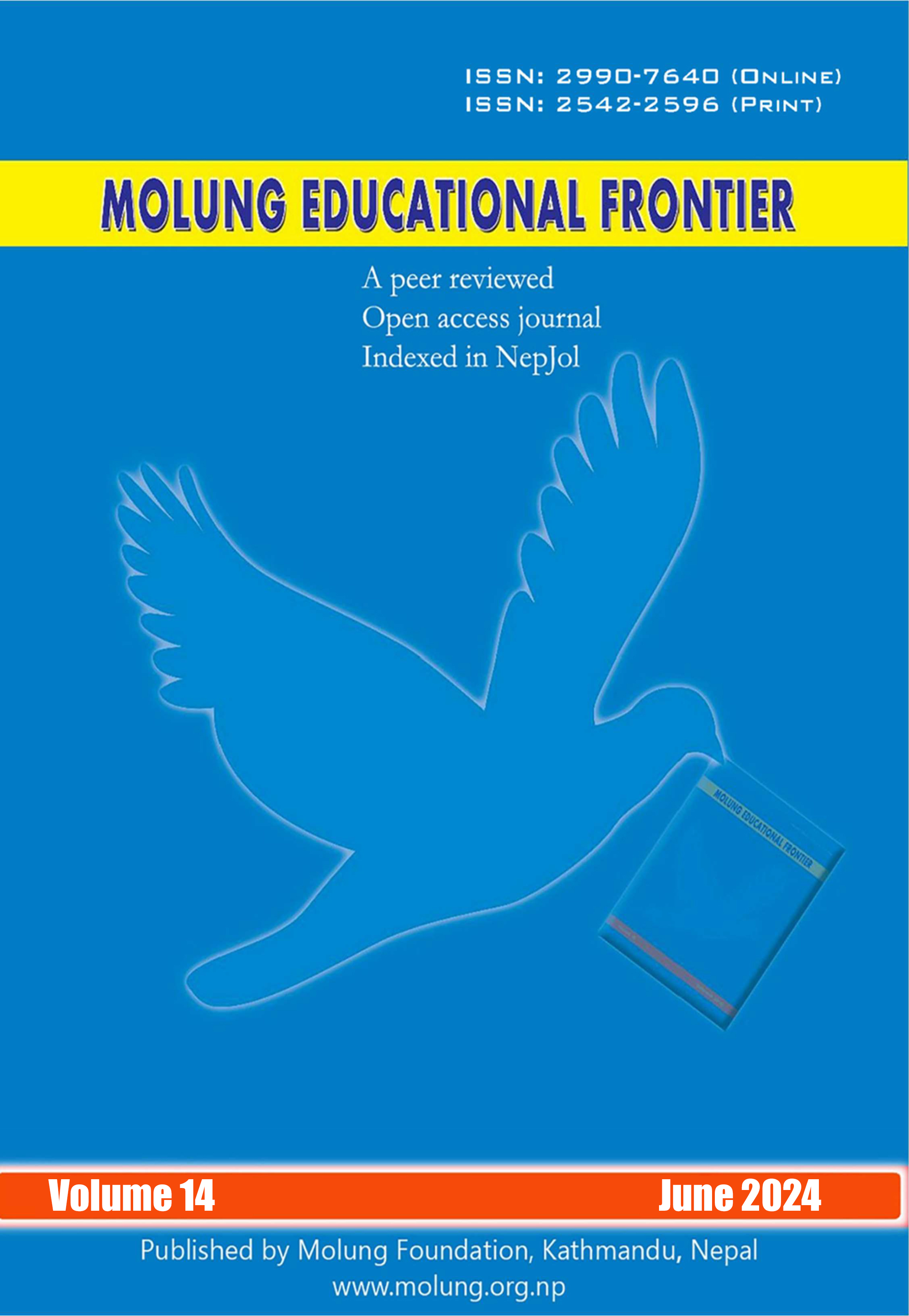Driving Forces of Impunity in South Asia: A Human Rights Framework
DOI:
https://doi.org/10.3126/mef.v14i01.67922Keywords:
human rights, impunity, legislation, accountability, armed forcesAbstract
This paper is the outcome of a research on impunity in South Asia. Undertaken by Forum Asia in 2021, the research collected cases from Afghanistan, Bangladesh, India, Maldives, Nepal, Pakistan and Sri Lanka. The cases related to impunity were collected by the country researchers deputed in these countries. The lead author and co-author of this paper were the main contributors in compiling the country reports, processing the data, editing them and publishing them as country reports and South Asia regional report. Out of the huge compilation, this paper mainly sketches the debates over the constructs on impunity prevailing in these countries. The paper highlights how these countries are combating impunity with respect to the drivers and to what extent this effort is compatible in the realm of global human rights framework. Impunity is found deeply rooted in South Asia both in the cognitive, productive, economic, and political lives of the victims as well as on the psychosocial mindset of society. Individual victims of gross violations of human rights have been denied access to justice at large. This develops post-traumatic stress disorder (PTSD) along with loss of memory, nightmares, excessive fear, loss of attention, loss of self-esteem, self-isolation, distrust, withdrawal from normal life events as well as a refusal to participate in civil, cultural and social interactions. The paper concludes that most South Asian states follow democratic norms and values as they hold periodic elections and form governments. These states, however, severely lack concrete plans and tools to combat impunity. The paper suggests the vibrant role of the legislation penal codes in these countries to make accountable to the stakeholders involved in impunity matters both as perpetrators and those acting against the perpetrators.
Downloads
Downloads
Published
How to Cite
Issue
Section
License
© Molung Foundation




